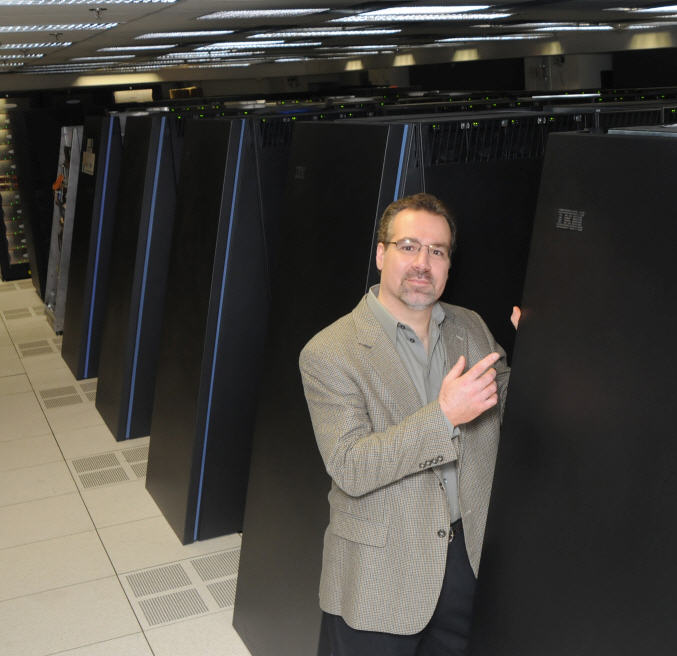Solutions for analogous situations act as a generic jump start to problem solving. While the hard definition of an analogy escapes quantification, (i.e. how analogous are two different situations), it has served us as a useful tool in coming to terms with a diverse and dynamic world. Probabilistic models have done much to aid in mimicking our mind's natural associations.
Analogy defined:
1 : inference that if two or more things agree with one another in some respects they will probably agree in others
2 a : resemblance in some particulars between things otherwise unlike : similarity b : comparison based on such resemblance
From the wikipedia page on analogies
a cognitive process of transferring information from a particular subject (the analogue or source) to another particular subject (the target...
Analogy plays a significant role in problem solving, decision making, perception, memory, creativity, emotion, explanation and communication. It lies behind basic tasks such as the identification of places, objects and people, for example, in face perception and facial recognition systems. It has been argued that analogy is "the core of cognition".[3] Specific analogical language comprises exemplification, comparisons, metaphors, similes, allegories, and parables, but not metonymy. Phrases like and so on, and the like, as if, and the very word like also rely on an analogical understanding by the receiver of a message including them. Analogy is important not only in ordinary language and common sense (where proverbs and idioms give many examples of its application) but also in science, philosophy and the humanities. The concepts of association, comparison, correspondence, mathematical and morphological homology, homomorphism, iconicity, isomorphism, metaphor, resemblance, and similarity are closely related to analogy. In cognitive linguistics, the notion of conceptual metaphor may be equivalent to that of analogy
A path forward, modular web applications mimicking machine intelligence
Clearly analogy is deeply tied to the foundation of human understanding. It is arguably more fundamental to learning than abductive, inductive, or even Sherlock's favorite, deductive reasoning. It's noteworthy that web applications like Hunch are providing value to users through application of a component of reason (abduction). Chris Dixon and Caterina Fake are both big proponents of artificial intelligence thus their company's focus on consumer funded knowledge system development comes as little surprise. To witness fragments of machine intelligence arise in valued web tools, is a promising path to long term social support for fruitful research.
Value in Matching Known but Disconnected Sets
A common area for web services to provide value is bridging two (or more) disconnected data sets. Two collections of data may share similar features, but neither takes advantage of their similarity or specialized algorithms developed to benefit them. I hinted at this topic earlier in the notes section of a post on a language designed to take advantage of comparing data with possible interfaces. But after spending more time thinking about it, I realize a general comparison tool would need to be capable of making analogies on its own (artificial or machine intelligence).
Unintended matching surfaces of technology and information can yield wonderful breakthroughs. Enabling this type of serendipity within programming languages is possible with probe. The trick is an application of the generalized Hive Mind idea Kevin Marshall inspired me to think more about after we discussed it over burgers earlier in the month. The generalized hive mind idea is to expose two or more unmatched sets to look for revealing commonality or missing features. In the case of missing methods we’re looking for raw builder methods to satisfy an interface by synthesis.
Is Watson's Q&A search power a new path forward in AI?
The New York Time's piece covers Watson's development (click through on the image below), and this effort focuses on an incredibly information rich data center of human history and current events and understanding. The algorithms for Watson leverage probabilistic matching algorithms to human language in a way that's eerily human.

